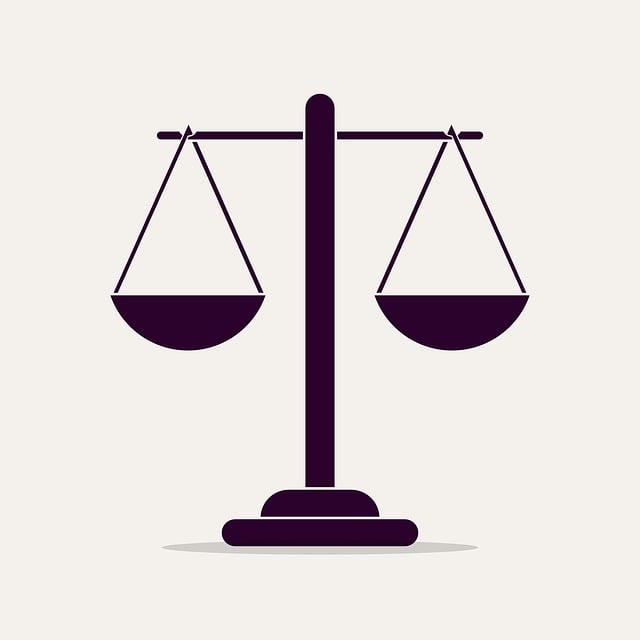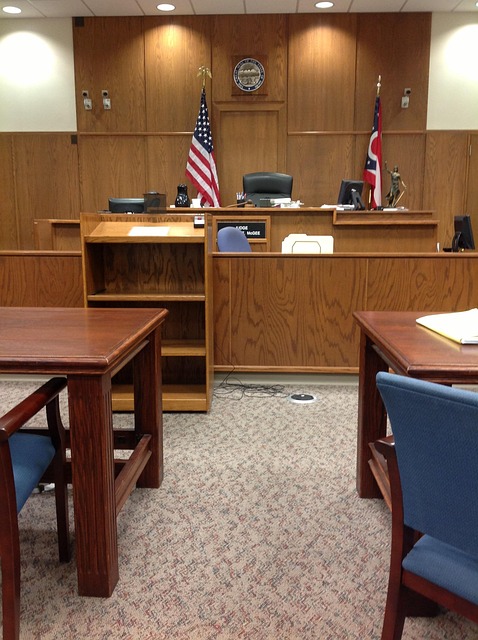Public corruption cases involving joint property ownership require meticulous legal processes to differentiate legitimate activities from corrupt practices. Defendants often fight charge dismissal, highlighting complexity in resolving disputes. Resolving these conflicts is vital for justice, focusing on investigating financial transactions, using data analytics, and balancing justice with record integrity. Skilled lawyers defend clients by clarifying asset ownership and mitigating legal consequences, ensuring transparency and fair culpability assessments. Restoring public trust involves punishing wrongdoers and fairly resolving illicit gains-related disputes, enhancing faith in the justice system and democratic institutions.
“Public corruption charges cast a long shadow, eroding public trust and undermining democratic institutions. Understanding these complex allegations starts with deciphering their legal definition. This article delves into critical aspects of public corruption, focusing on joint property ownership conflicts. We explore how shared assets can amplify corruption claims, dissecting the investigatory challenges in complex cases. Additionally, we examine defense strategies for accused individuals and highlight the vital role of restitution in restoring trust. By addressing these issues, we aim to illuminate paths towards effective dispute resolution.”
- Understanding Public Corruption Charges: Legal Definition
- Impact of Joint Ownership on Corruption Allegations
- Investigating Financial Transactions in Complex Cases
- Defense Strategies for Property-Related Corruption Accusations
- Restoring Trust: Resolving Disputes and Restitution
Understanding Public Corruption Charges: Legal Definition

Public Corruption Charges refer to illegal actions taken by public officials or those in positions of power for personal gain, often involving misuse of funds, influence, or resources. This includes a wide range of activities such as bribery, extortion, fraud, and abuse of office. Understanding these charges is crucial when considering their impact on governance and the public trust. Legal definitions are clear: corruption involves the manipulation of power for personal or political benefit, which can result in severe consequences, including imprisonment and civil penalties.
In cases where individuals face public corruption allegations, Resolving Joint Property Ownership Conflicts might become a complex issue. Across the country, such cases have seen an unprecedented track record of successful prosecutions. However, it’s not uncommon for defendants to argue for a complete dismissal of all charges, emphasizing the importance of a thorough legal process that distinguishes legitimate activities from corrupt practices.
Impact of Joint Ownership on Corruption Allegations
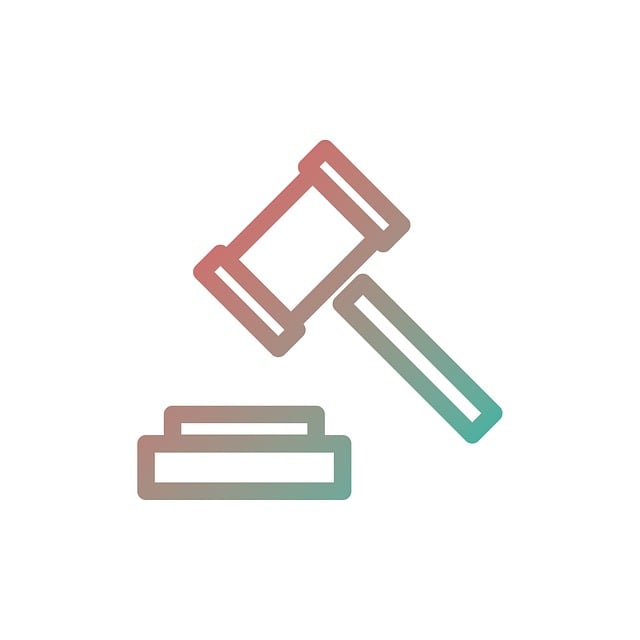
In cases involving public corruption charges, the concept of joint ownership can significantly impact the course of legal proceedings. When individuals or entities hold property jointly, untangling the financial web and establishing individual liability becomes a complex task. Resolving Joint Property Ownership Conflicts is crucial in ensuring that justice is served and the guilty parties face consequences. This process involves meticulous investigation to differentiate legitimate assets from those acquired through corrupt means.
The challenge lies in proving how each party contributed to or benefited from the corrupt activities. For his clients, whether corporate or individual, facing public corruption allegations can result in a fight for complete dismissal of all charges. Legal strategists must navigate this labyrinth by examining transaction records, personal and business finances, and any discrepancies in ownership documentation. This thorough analysis is essential to present a robust defense and mitigate potential legal repercussions stemming from joint property holdings.
Investigating Financial Transactions in Complex Cases

Investigating financial transactions in complex cases, such as those involving joint property ownership conflicts, requires meticulous attention to detail. When dealing with white-collar defense strategies, understanding the intricate web of financial dealings is paramount. This process involves a thorough examination of every transaction, from its origin to its final destination, to uncover any potential wrongdoing. By employing advanced data analytics and forensically sound methods, investigators can navigate the labyrinthine financial trails left by those engaged in public corruption.
Resolving these conflicts necessitates a comprehensive approach that considers all stages of the investigative and enforcement process. It’s not just about identifying misdeeds but also ensuring that the rights of philanthropic and political communities are protected. Balancing the pursuit of justice with maintaining the integrity of financial records is crucial, as it helps to preserve transparency and build trust in these vital sectors.
Defense Strategies for Property-Related Corruption Accusations
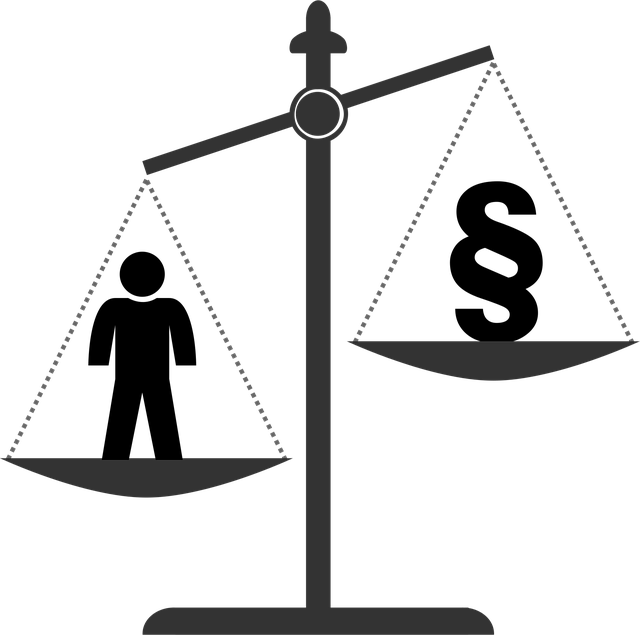
When facing public corruption charges related to property, one of the key defense strategies involves addressing Resolving Joint Property Ownership Conflicts. In cases where corrupt acts are allegedly committed by individuals sharing ownership, separating assets and clarifying responsibilities can be a powerful legal tool. This process ensures transparency and helps establish each party’s contributions or knowledge regarding the illicit activities. By doing so, defendants can argue that their actions were not malicious but rather misunderstandings or disagreements over property rights.
A successful defense strategy often relies on an unprecedented track record of resolving complex business disputes. Lawyers skilled in these matters can navigate the legal intricacies, ensuring their clients’ rights are protected while achieving extraordinary results. This approach allows for a fair assessment of culpability and promotes a more just outcome, especially when the respective business involves significant assets and multiple stakeholders.
Restoring Trust: Resolving Disputes and Restitution
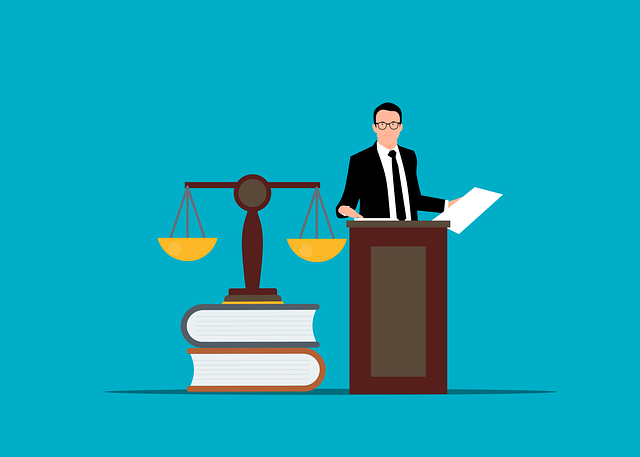
In addressing public corruption charges, one critical aspect is restoring public trust in institutions and officials. This involves not only punishing wrongdoers but also ensuring that disputes related to illicit gains are resolved fairly. Resolving joint property ownership conflicts is a significant part of this process. By employing transparent and effective mechanisms, authorities can achieve extraordinary results in tracing, seizing, and restituting ill-gotten assets. An unprecedented track record of success in these cases can significantly enhance the public’s faith in the justice system and its ability to hold corrupt officials accountable.
The resolution of joint property ownership conflicts requires a delicate balance between ensuring due process rights for all parties involved and expeditiously addressing corruption. Achieving this involves meticulous legal procedures, thorough investigations, and collaborative efforts between various government agencies. Restitution not only compensates victims but also sends a strong message that corruption will not be tolerated, fostering a culture of integrity in public service. This holistic approach is essential to rebuilding trust and ensuring the integrity of democratic institutions.
Public corruption charges, especially those involving complex financial transactions and joint property ownership, require meticulous legal analysis. Understanding the nuances of these cases is crucial for both accusers and defendants. By investigating financial records and employing strategic defenses, individuals can navigate the legal landscape effectively. Ultimately, resolving joint property ownership conflicts through restitution and dispute settlement mechanisms helps restore public trust and ensures justice in corruption cases.
